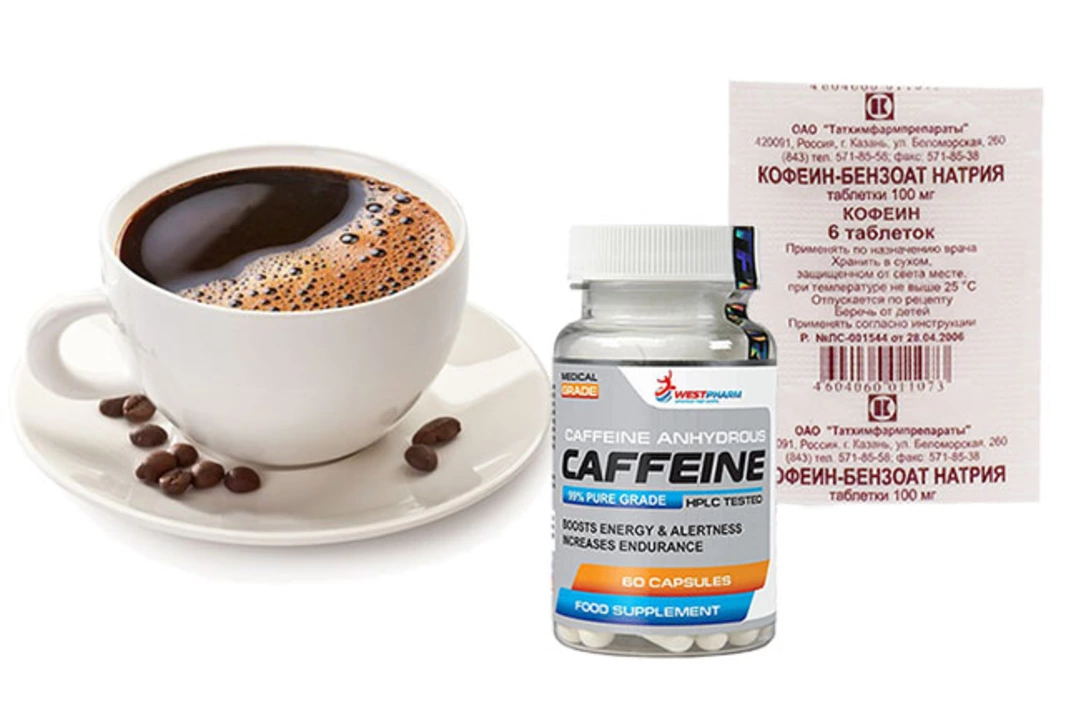One strong fact: caffeine starts changing your brain within 15–45 minutes. That’s why a cup of coffee can make you sharper fast. But caffeine is not just a pick-me-up — it’s a drug that helps and harms depending on dose, timing, and your body.
Caffeine blocks adenosine, a chemical that tells your brain you’re tired. That leads to better alertness, faster reaction times, and often improved mood. Athletes use caffeine to boost performance, students use it to focus, and many people rely on it to get through slow mornings.
But more isn’t always better. Too much caffeine makes you jittery, raises heart rate, and can give you stomach upset. If you’re anxious, prone to panic attacks, have uncontrolled high blood pressure, or certain heart conditions, caffeine may make symptoms worse. Also, caffeine can reduce sleep quality even if you think you fall asleep fine.
Here are clear, practical tips you can use today:
Drug interactions matter. Some medicines change how your body handles caffeine, and some psychiatric or heart drugs can amplify its effects. If you take prescription meds, ask your doctor or pharmacist about interactions.
Using caffeine for workouts or focus is fine for many people, but avoid relying on it to mask chronic tiredness. Persistent fatigue often means your sleep, stress, or health needs attention, not more caffeine.
If you’re unsure how caffeine affects you, try a three-day test: track everything you drink or take that contains caffeine, note symptoms, and adjust. If problems persist, talk to your doctor. Small, smart changes usually give big benefits without losing your morning boost.

In my recent blog post, I discussed the impact of caffeine on nausea and how to find a balance between its consumption and our well-being. I found out that caffeine can sometimes cause or worsen nausea, particularly when consumed in large amounts or on an empty stomach. To find balance, I recommended starting with lower doses of caffeine and paying attention to how our bodies respond to it. I also suggested consuming caffeine alongside food or trying alternatives like decaf or herbal teas. By being mindful of our caffeine intake, we can still enjoy its benefits without triggering nausea.
